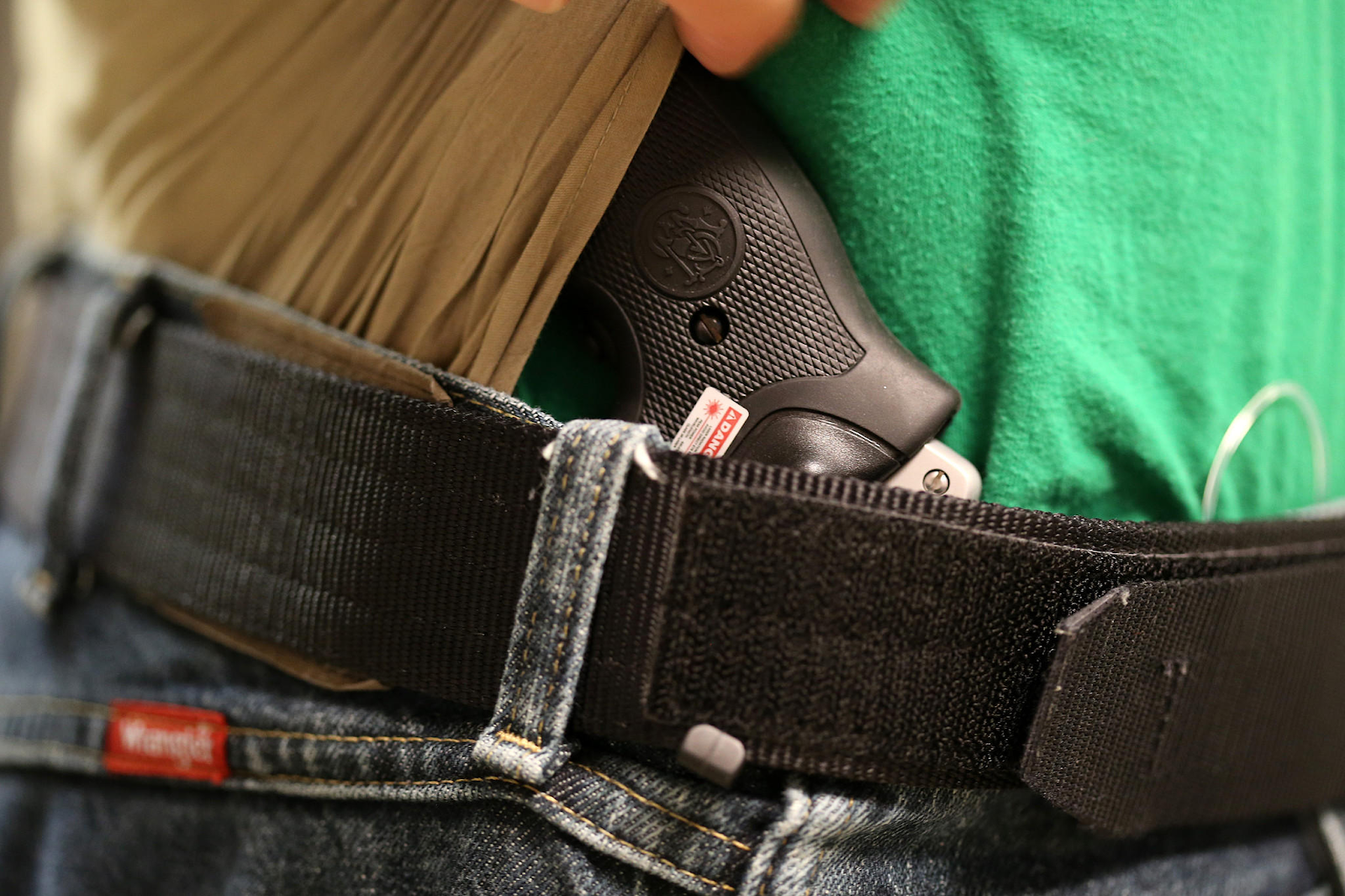The question of whether you can gift a gun in Michigan is one that intrigues many. Firearms are more than just tools; they carry historical significance, personal stories, and uniqueness that make them cherished possessions. Michigan, like many states, has specific laws governing the transfer of gun ownership, and understanding these regulations is crucial before attempting to gift a firearm. This article will delve into the nuances of gifting guns in Michigan, exploring the legalities, best practices, and considerations that should be taken into account.
Understanding Michigan Gun Laws
In Michigan, the transfer of firearms—including gifts—is governed by both state and federal laws. The legal framework primarily aims to ensure responsible ownership while discouraging activities like illegal trafficking and unregulated sales. Under federal law, gifting a firearm is permissible as long as both the donor and recipient are legally allowed to possess firearms.
However, state laws add layers of complexity. For instance, Michigan law does not require a background check for private party transfers of long guns (rifles, shotguns), but it does require that handguns be registered with the state. This distinction plays a significant role in how gifts are handled, particularly when it comes to the type of firearm involved.
Who Can Receive a Firearm?
Eligibility varies depending on the recipient’s background. Individuals prohibited from possessing firearms under both federal and state law include:
- Those with felony convictions
- Individuals who have been adjudicated as mentally incompetent
- Persons subject to certain restraining orders
- Non-citizens without lawful permanent residence
Therefore, before gifting a firearm, it is paramount to assess the recipient’s eligibility. Failing to do so could lead not only to the invalidation of the transfer but potential legal ramifications for the donor.
Gifting Handguns vs. Long Guns
The regulations differentiate between handguns and long guns. For long guns, gifting is relatively straightforward and does not necessitate a background check or registration. However, the same is not true for handguns. Transferring a handgun as a gift requires compliance with additional steps, including:
- Ensuring the buyer (or gift recipient) fills out a pistol sales record.
- Registering the handgun with the Michigan State Police.
- Confirming that both parties fulfill the eligibility criteria.
No matter the type of firearm, it’s essential to complete necessary paperwork to formalize the transfer. This is particularly vital for maintaining records and ensuring transparency.
Documentation and Record-Keeping
The importance of documentation cannot be overstated. Once a gun is gifted, having proper records can provide protection for both the giver and the recipient. Record-keeping involves completing relevant forms and potentially retaining copies of documentation that show the gun was legally gifted.
For handguns, it’s mandatory to complete a Sales Record (form RI-60) and to register the firearm with the Michigan State Police. While such measures may seem cumbersome, they are intended to protect all parties involved, serving as proof of ownership and transaction details. Though no law mandates formal documentation for long guns, doing so can still provide clarity and avoid future disputes.
Considerations When Gifting a Gun
While the act of gifting may seem benign, there are numerous considerations to keep in mind. Initially, reflect on the nature of the relationship. Gift-giving can carry emotional weight, especially when it concerns something as personal as a firearm. Understanding how the recipient perceives firearms—as a hobby, protection, or collector’s item—will shape the gift’s significance.
Next, consider the practicality of the gift. Is the recipient knowledgeable about gun safety? Have they expressed any hesitations or reservations about owning a firearm? It’s essential to gauge both interest and capability in handling such a responsibility. Additionally, discussing long-term storage, maintenance, and safety practices can facilitate a smoother transition into firearms ownership.
Safety First: Gun Storage and Education
Alongside the legal aspects, safety remains paramount. Upon gifting a gun, it’s advisable to have an open dialogue about safe storage practices. Firearms should always be stored securely, preferably in a locked safe or case, to mitigate the risk of unauthorized access, particularly from children or intruders.
Moreover, encouraging education about firearm safety is critical. Whether through formal classes or guided practice sessions, ensuring the recipient understands the legal responsibilities, operational protocols, and local laws surrounding gun ownership can significantly reduce the likelihood of accidents or misuse.
Final Thoughts
Gifting a gun in Michigan is entirely permissible within the confines of law, but it is laden with various considerations that extend beyond mere transfer. Recognizing the legal responsibilities tied to both the donor and the recipient, prioritizing safety, and fostering informed ownership are pivotal. Whether you are giving a cherished heirloom or a modern defensive tool, ensuring that the recipient is both eligible and prepared becomes a cornerstone of responsible gun ownership.
In sum, being informed and conscientious when gifting a firearm not only respects legal frameworks but also contributes to a culture of safety and responsibility. The act of gifting can be more than just a transaction; it can pave the way for knowledgeable stewardship of a valuable possession.
